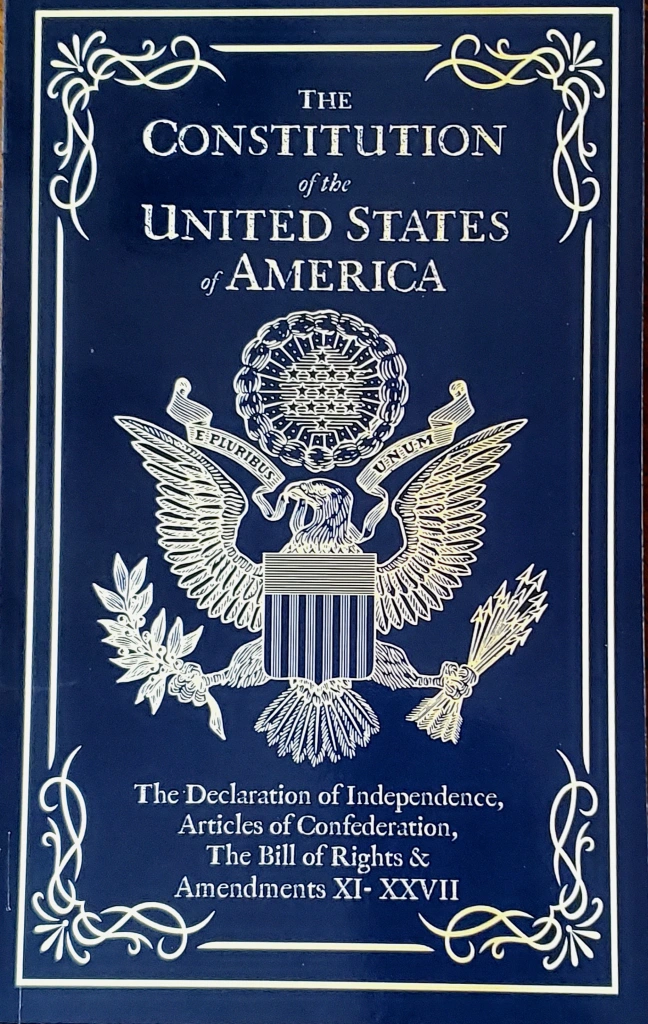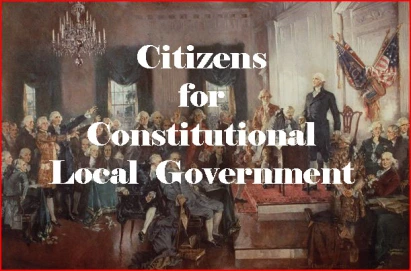In the TimesDispatch internet column, “Housing”, two attorneys talk about “association law” (Mercer, Trigiani are guiding voices in homeowner association law). They are real estate attorneys.
He [Mercer] and his business partner, Lucia Anna “Pia” Trigiani, with offices in Alexandria and Richmond, are considered the top Virginia lawyers in their field, their peers say. . . . “They are a major force in what goes on with association law, and they are equally good at what they do,” [a real estate attorney] said.
But the featured spokesperson, Trigiani, is not identified as a CAI member who received an outstanding person award this past April from CAI, the national lobbying organization for HOAs, the Community Associations Institute.
Lucia Anna “Pia” Trigiani, Esq., a principal with the Virginia-based law firm MercerTrigiani, received one of CAI’s most prestigious honors April 19 at the organization’s 2013 Annual Conference and Exposition. (Trigiani, Dyekman Among Members Honored by CAI).
What is not made clear is just what association law is? It is not a recognized classification of law, but one promoted by the legal-academic aristocrats and CAI. (“Community Association Law Seminar, Jan. 23–25, 2014 | Las Vegas, NV.”) The massive Restatement of Law series consists of some 96 volumes covering 26 categories of law, but no “association law” category. In fact, laws pertaining to HOAs and covenants/servitudes, the legal basis for HOA authority, can be found in the Property: Servitudes series.
From my research into HOAs reading law encyclopedias, treatises, journals, court cases, legislation, articles and books — I’m not claiming to be an expert, but well read — association law appears to be a conglomeration of constitutional, property, contract, corporation and tort law. These laws are cherry-picked to support the legitimacy and validity of the Declaration of Covenants, Conditions and Restrictions (CC&Rs) that is the fundamental basis of HOA legal authority. Whatever aspect of each of these laws that serves to support HOAs is incorporated into association law. Where there are conflicts with laws or contrary laws they are ignored, or association law is declared superior, or first modified and then incorporated into association law.
Attorneys like to promote association law as sui generis, or a unique thing in a class of its own not subject to other laws. This new thing, this association law, is an attempt to establish as legitimate and binding a new set of laws that conflict with and repudiate the Constitution. Laws that distinguish and repudiate the fundamental principles of our system of government and principles of justice, derived from the organic law of this country – the US Constitution, its Bill of Rights, and the Declaration of Independence. And for obvious reasons — for domination, power and control.
In his seminal book, Privatopia: Homeowners Associations and the Rise of Residential Private Government, Even McKenzie wrote in 1994,
HOAs currently engage in many activities that would be prohibited if they were viewed by the courts as the equivalent of local governments. . . . The balance of power between the individual and the private government is reversed in HOAs. … The property rights of the developer, and later the board of directors, swallow up the rights of the people, and public government is left as a bystander.
And this is the purpose in establishing “association law” — to avoid constitutional protections, to deprive people of their life, liberty, or property without due process of law, and to deny homeowners of the equal protection of the laws that apply to all public bodies.
See The questionable role of HOA attorneys

